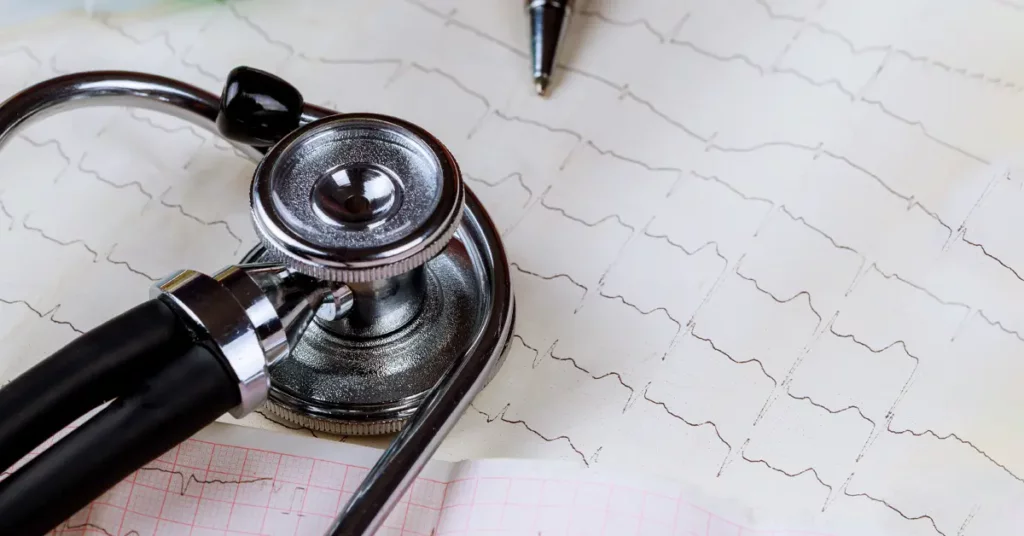The sinoatrial node, also known as the sinus node or SA node, is the pacemaker of the heart in which heartbeat normally begins and is located in the top chamber of the heart called the atrium. Its job is to maintain a steady and regular heartbeat. Sick sinus syndrome is a collection of heart rhythm issues characterized by a constellation of aberrant rhythms produced by reduced pacemaker performance and impulse transmission. Atrial bradyarrhythmia, atrial tachyarrhythmias, and what is known as tachy-brady syndrome, are all examples of these. Let’s talk about the 3 FAQs on Sick Sinus Syndrome. Then, we will talk about how Remote Patient Monitoring can help.
What are the causes of Sick Sinus Syndrome?
While age-related degradation of the sinoatrial (SA) node is the most prevalent intrinsic cause of sinus node dysfunction, sinus node dysfunction can also be caused by congenital abnormalities, arrhythmias, infiltrative disorders, and surgery. Some medications, especially when used in large amounts, might exacerbate irregular cardiac rhythms. Digitalis, calcium channel blockers, beta-blockers, and antiarrhythmics are among them.
Who are usually affected?
Sinus node dysfunction is a disorder that mostly affects older people, but it can strike anyone at any age. A patient with sinus node dysfunction is on average 68 years old. One out of every 600 cardiac patients aged 65 and up develops sinus node dysfunction. Both men and women are affected equally in number. In the 1990s, sinus node malfunction accounted for more than half of all pacemaker implantations in the United States.(1)
What are the symptoms?
The majority of patients do not have signs or symptoms. If symptoms do appear, they are non-specific and may be mistaken for those of other illnesses. Some symptoms are outcomes of arrythmias which includes palpitations, reduced tissue perfusion, tiredness, lightheadedness, pre-syncope, and syncope.
How can remote patient monitoring help patients with sick sinus syndrome?
At any point, the heart rate may be exceedingly slow. Blood pressure levels can range from normal to low. Heart failure symptoms may begin or worsen as a result of this syndrome. When symptoms exclusively occur during arrhythmia episodes, sick sinus syndrome is identified. However, establishing a link is frequently difficult. An electrocardiogram (ECG) may reveal irregular cardiac rhythms linked to this illness but not diagnostic.
The use of remote patient monitoring devices can help diagnose with the use of a longer-term rhythm monitor like a holter. They may detect very slow heart rates and extended pauses, as well as atrial tachycardia episodes. Event monitors, loop recorders, and mobile telemetry are other examples of remote patient monitoring devices that can be used for sick sinus rhythm.
Takeaway
Sick sinus syndrome, also known as sinus node dysfunction, is a disorder that mostly affects the elderly. It is caused by the SA node’s degeneration, which impairs its ability to generate or transmit impulses to the atrial tissue. The diagnosis is made by electrocardiographic detection of the arrhythmia in conjunction with the existence of symptoms, which might be difficult. Remote patient monitoring devices like Holter monitoring, event monitoring, or loop monitoring may be utilized if electrocardiography fails to provide a diagnosis.
To know more about Remote Patient Monitoring, click this RPM Comprehensive Guide.
References
- Adán V, Crown LA. Diagnosis and treatment of sick sinus syndrome. Am Fam Physician. 2003 Apr 15;67(8):1725-32.









